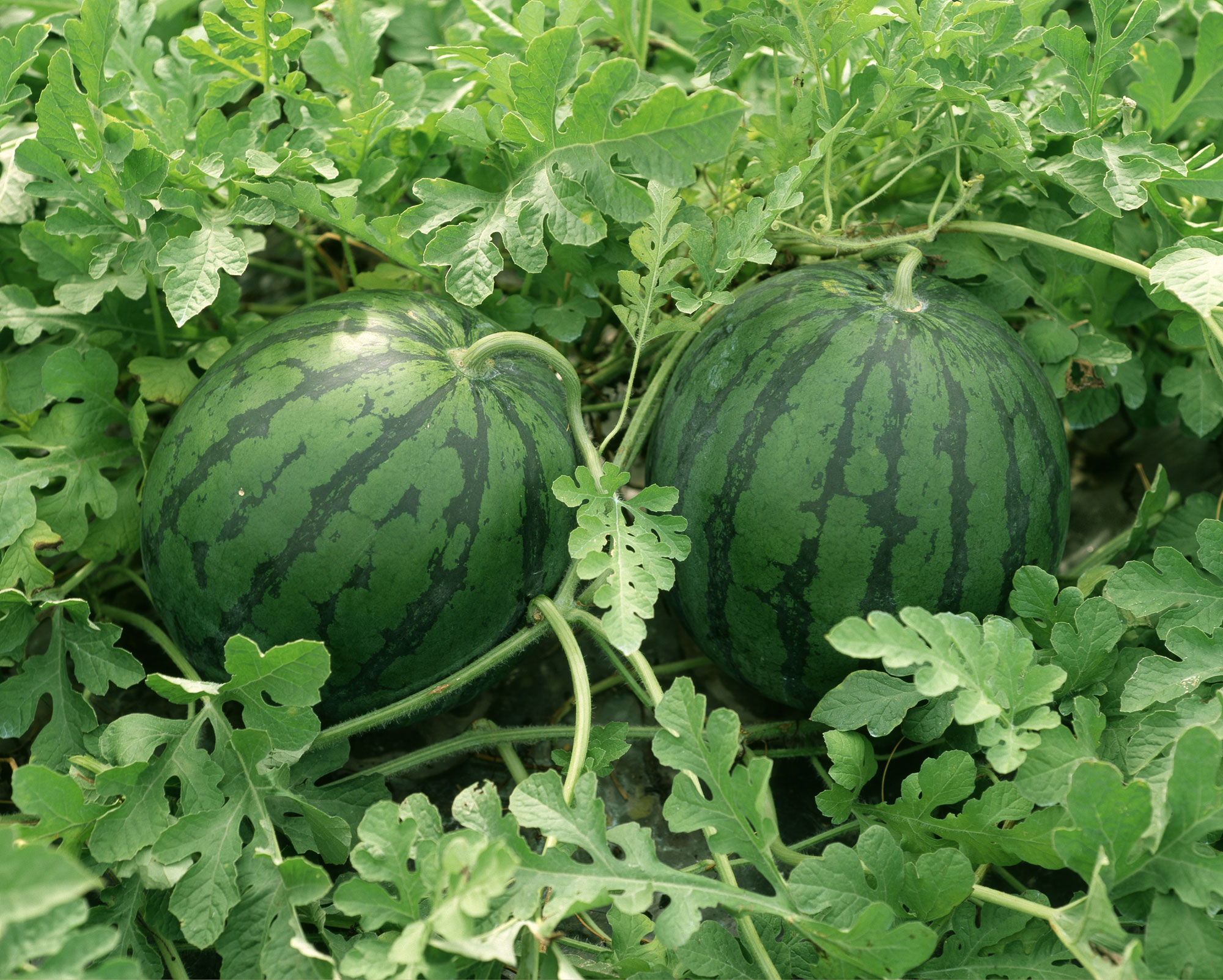There is an old joke that goes something like this…
Not so long ago there was a watermelon farmer. In June, during peak watermelon season, he began to notice that someone was stealing his fruit. Slowly, but steadily, melons would disappear, along with it his profits.
He tried everything until one particularly fine morning, he had an idea. Laughing with self-satisfaction, he grabbed an old piece of wood, some paint, and began writing. He took his handiwork to the edge of the watermelon patch, where he nailed it triumphantly to the fencepost.
Caution! One of these watermelons is poisoned!
And much to his delight, the watermelon thief stopped.
After a few days, the farmer was ecstatic over his own cleverness. He congratulated himself, basking in the afterglow of what he thought was a job well done.
[mainbodyad]
Then he saw it. From across the field, he noticed his sign had been altered.
Approaching cautiously, squinting, he saw that a second line had been added below his own handwriting.
Caution! One of these watermelons is poisoned!
(And now two of them have been)
There are a lot of lessons about life and business in that story.
- Some people have no sense of fairness. They believe they are entitled to your efforts and resources. If you attempt to deny them, they will destroy it in an attempt to punish you.
- Be careful of the incentives you create, especially non-intentionally.
- Ask yourself if the thing you are creating, the solution you’ve developed, or the idea you have crafted can be used for your own downfall. As Aesop warned, “The haft of the arrow had been feathered with one of the eagle’s own plumes. We often give our enemies the means of our own destruction.”
- Do not assume your opponent thinks like you. Be open to the possibility that others are not rational, acting in good faith, or have any sense of honor.
- Access is opportunity. Had the watermelons not been in plain sight, it would heave been easier to protect them (stealth wealth).
- Sometimes, solving a problem can be more expensive than the problem itself. Know when to tolerate a bit of loss as a cost of doing business.
- Try to stick to enterprises that can suffer a lot of abuse. If you’re operating on razor-thin margins or with low returns on capital, a lot has to go right. Why live that way? It’s best to avoid the hard businesses if you can help it unless you’re trying to improve yourself. If it’s a case of that latter, I suggest you do it after you’re financially independent.
- Information and data is power. The farmer was at a disadvantage because he didn’t know who was stealing his watermelons. Had he been growing them in a hydroponic warehouse with keycard access and video cameras – something that would be paid for out of the energy and water savings of the more efficient production method – he could have had the thief arrested.
- If you want to hurt someone, 1.) do it in a way that you create liability for them, 2.) look for scalable low-effort, high-effect levers. The watermelon thief has now introduced a situation that could bankrupt the farmer. If the farmer doesn’t sell the watermelons, he has no revenue despite already outlaying the costs. If he does sell the watermelons but he can’t identify the poisoned watermelon, he could not only be sued into insolvency, he could go to jail for manslaughter because he knew the risk and put consumers in danger, anyway. The watermelon thief may not have poisoned any watermelon at all – other than a few seconds it took to alter the sign, he has no cost, no outlay, no labor. He’s destroyed a farm by applying pressure in the right area.
- Try and extract as much wisdom as you can, even from jokes. What was designed to be little more than a funny punchline inadvertently reveals a lot about the nature of the world.
[mainbodyad]
Licensed Image Credit: KPG Payless2 / Shutterstock



